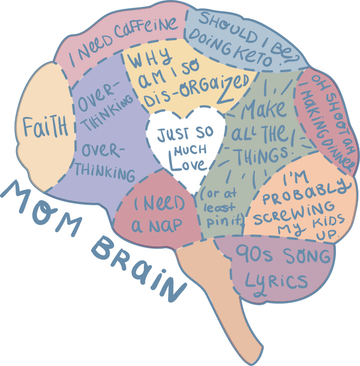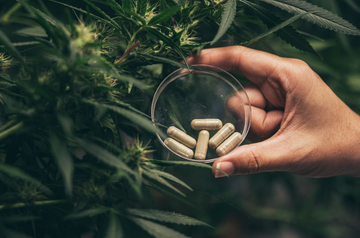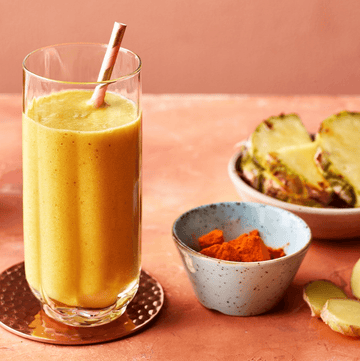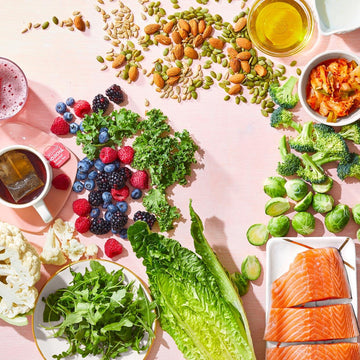
Forgetfulness, mood swings, missed appointments, minor breakdowns -- if you’re a mom chances are these are all too familiar. You might think it's nothing out of the ordinary or write it off as fatigue or stress. Believe it or not, “Mom Brain” is a thing and we have something that will SERIOUSLY help.
Have you ever been searching frantically for your keys, and after a while noticed they were in your hand the whole time? Or been unable to remember even the simplest words of common objects or even the name of your dog or cat? These every day “mental hiccups” are what we call “mom brain.” Although these things can happen to anyone, moms, especially new moms, experience these far more often. In fact, recent research has shown that women’s brains change during pregnancy. The University of Southern California conducted a study testing how pregnancy alters overall cognition by observing 19 highly educated pregnant women with similar IQs. This study found that during pregnancy all 19 subjects experienced impaired short-term memory, decreased concentration and a reduced ability to learn and retain new information. The research team also compared pregnant versus non-pregnant women with comparable IQs and the pregnant subjects scored in the lowest 5%. The study concluded that this “pregnancy-induced slowness” may be due to hormones, but the exact reason is still uncertain. Fortunately, with enough sleep, this altered brain function should return back to normal a few years after giving birth.
So as women, what can we do about it? Although there certainly is no “miracle cure,” there are small ways we can improve our cognition, especially through diet. Did you know that our brains are made up of nearly 60% fat? Because of this, dietary fat plays a big role in brain health and currently, much interest has been given to how the different types of fat affect overall cognitive function. One type of fat, in particular, that has garnered a lot of attention recently is MCTs. MCT is short for medium-chain triglycerides, which are a group of dietary fatty acids categorized by the number of carbon bonds they have. MCTs are composed of 6 to 12 carbon links; whereas most other types of dietary fats, like vegetable oils or fat found in meat or dairy products, will contain 13 or more carbon links. Because MCTs are smaller in length, they are metabolized differently from other types of fat. For example, most fats are broken down by the liver and either used as fuel or stored as body fat. However, MCTs can be broken down immediately and are often turned into ketones that are used by our brains for energy. This is why they are now being called “rocket fuel for the brain.”

The most common source of MCTs is from coconut oil and there are myriad studies connecting the favourable effects of coconut oil to brain health. Improved memory, increased concentration and ability to help repair brain-cell damage are a few of the potential benefits of consuming MCTs. In fact, MCTs may now be used as a supplemental medication for the treatment of Alzheimer’s disease (so cool!)
So the great news is that if your suffering from “mom brain” or just feel like your brain can use an extra pick-me-up, MCTs can be a natural option to help support brain health. Besides consuming coconut oil, MCTs can be purchased as oil or in powder form and because it is virtually tasteless, it can be added to both hot and cold beverages (I like it in my coffee), added to smoothies or even baked goods too!
Women’s bodies are so amazing and complex and depend more on healthy fats for fuel than men’s bodies do. If you’re suffering from “mom brain,” laugh it off, find comfort in the fact that we’ve all been there and show your body (and brain) some love with a delicious diet abundant in healthy fats.
Kirstin Berrington is an AURA Team member with a passion for all things nutrition and health. As a nutritionist, she is equipped with a B.Sc. in Human Nutritional Sciences to help answer all your food-related questions.






